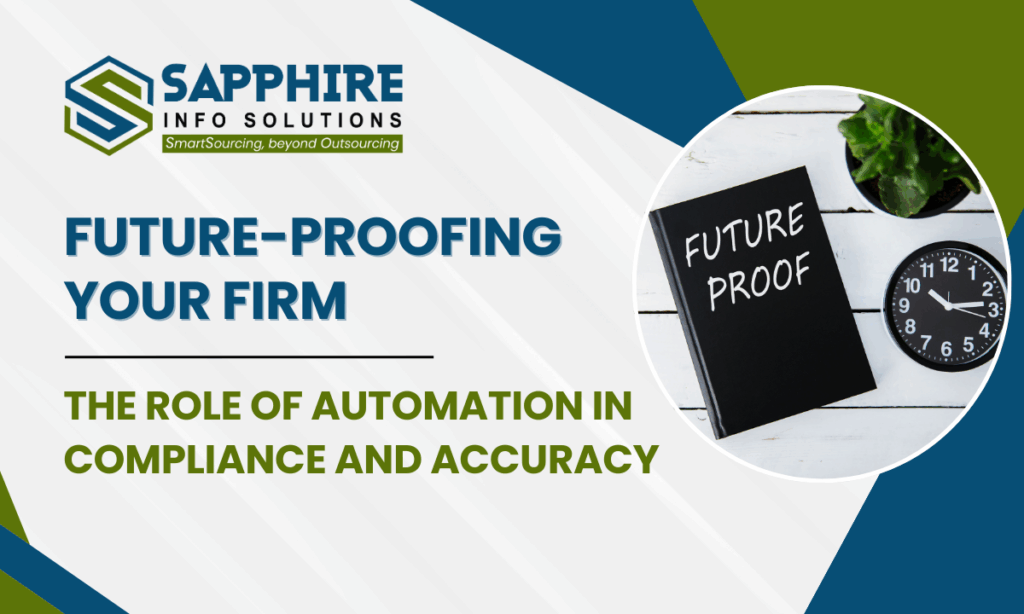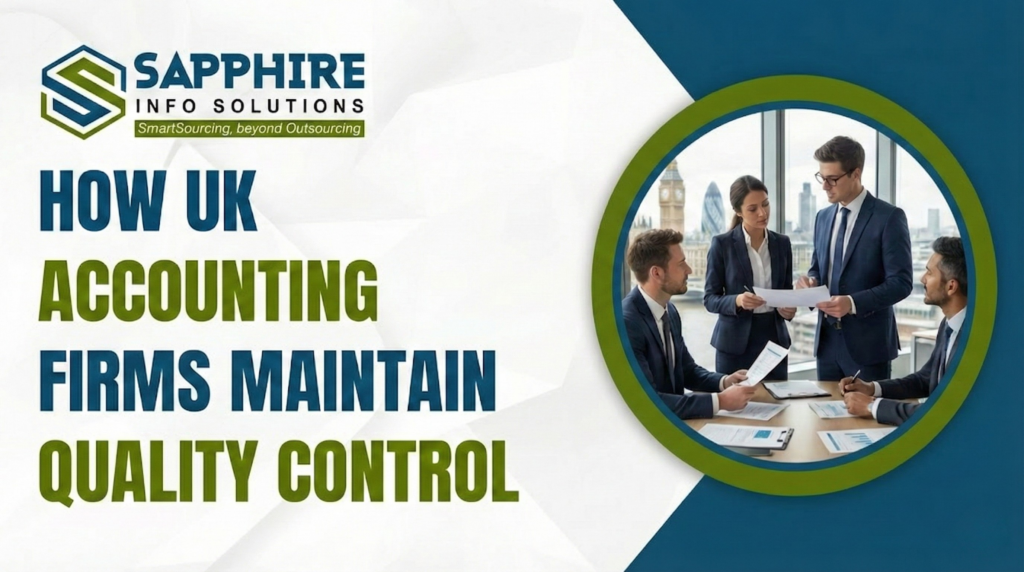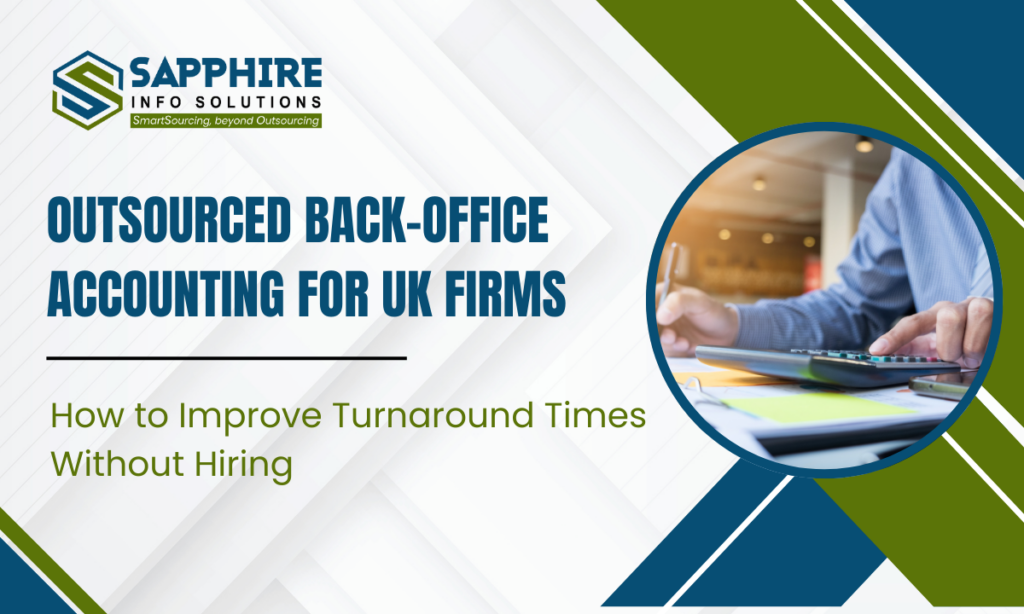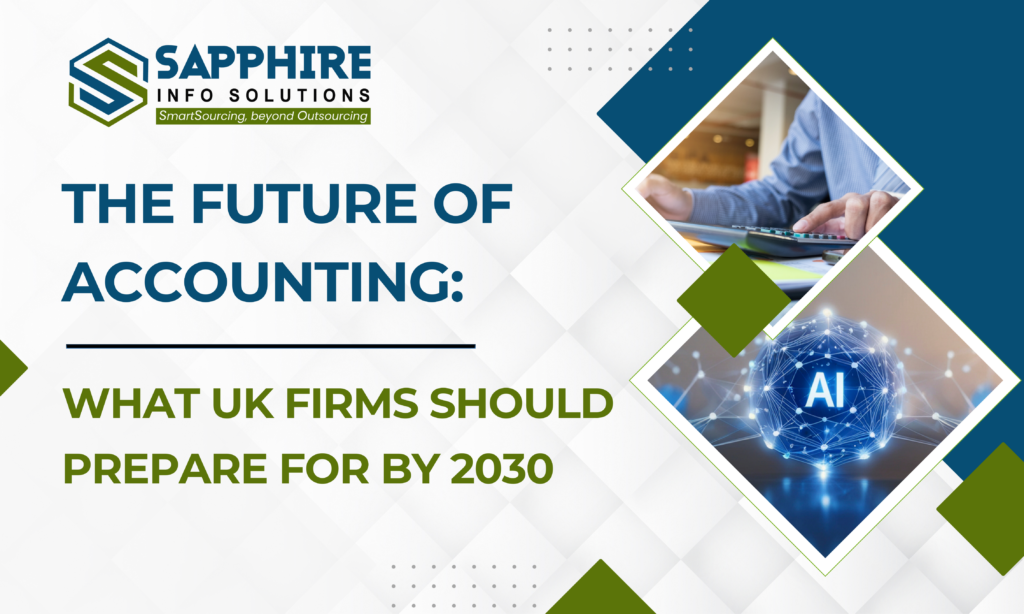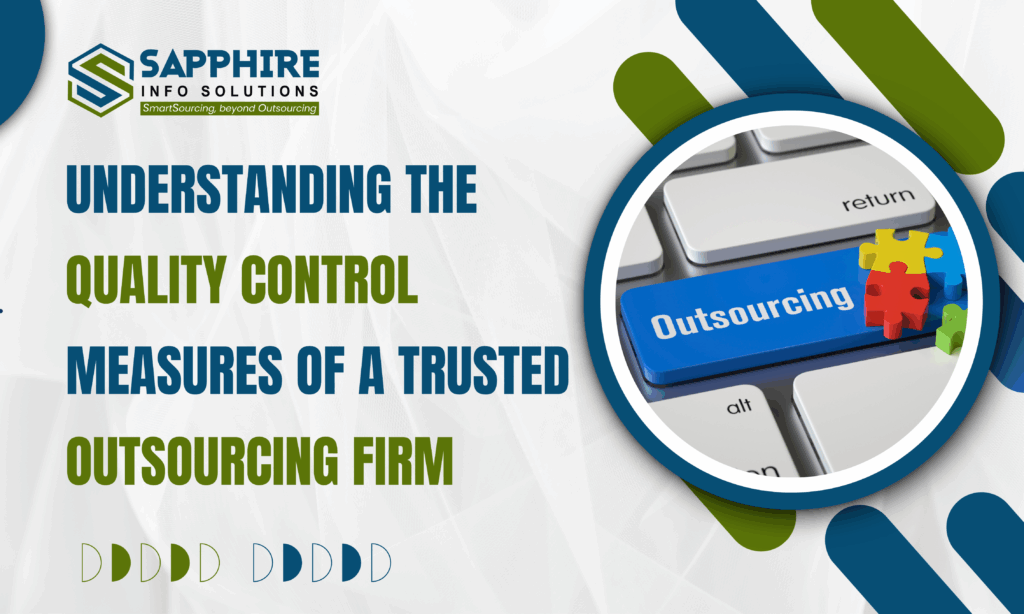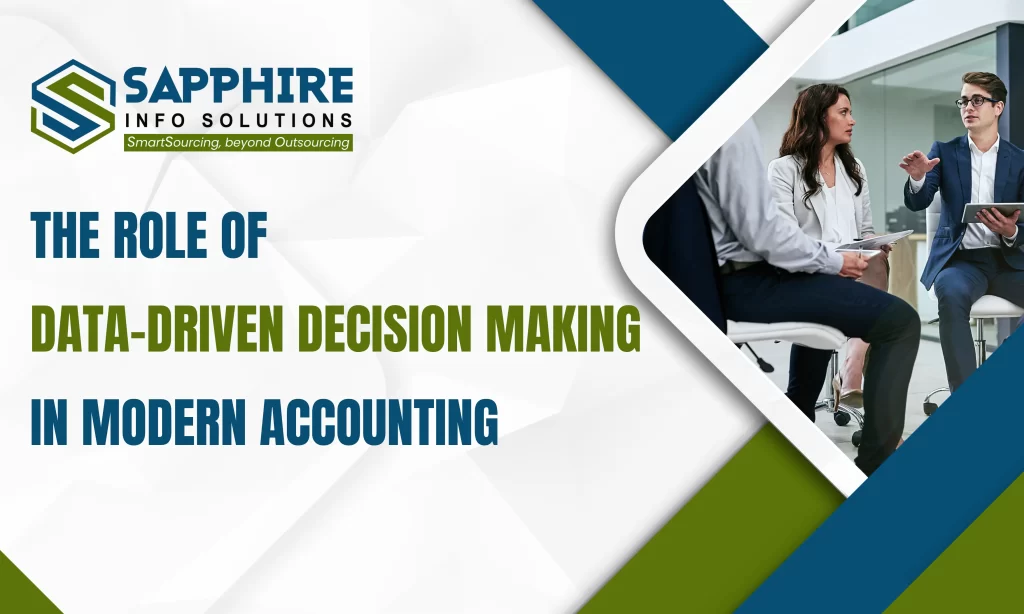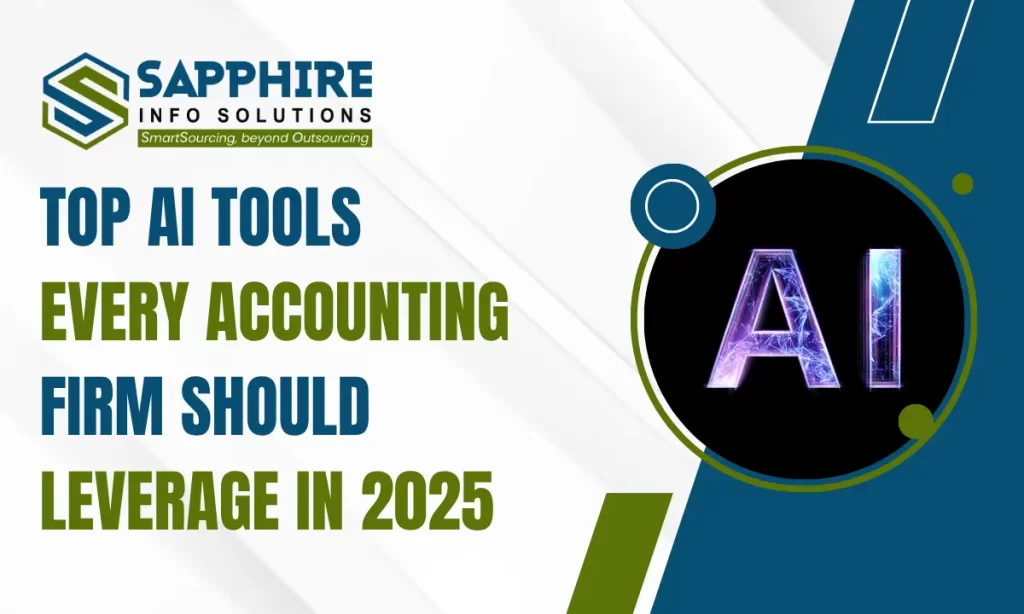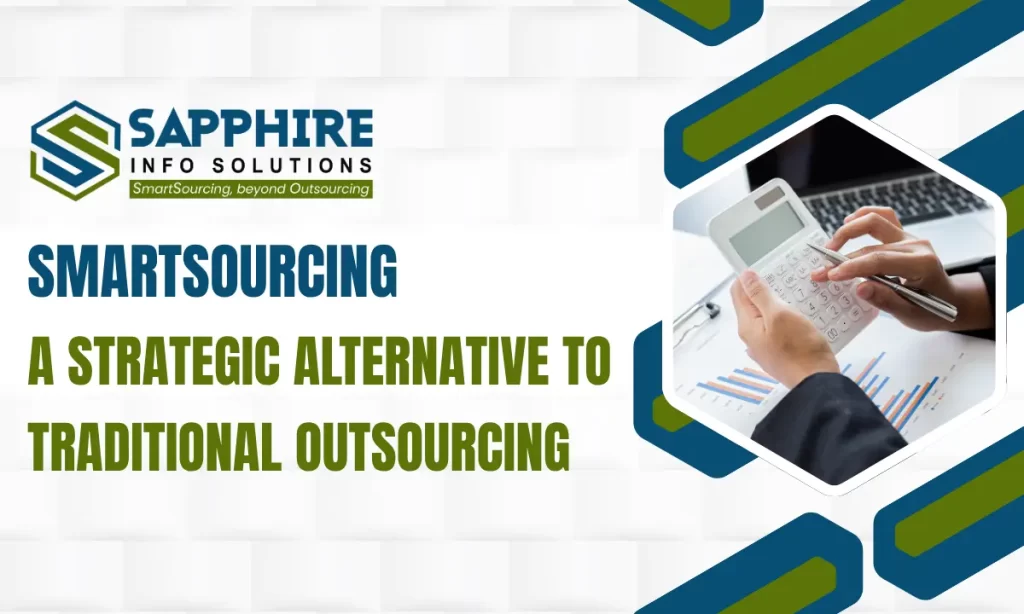In today’s fast-evolving accounting landscape, UK firms face growing pressure to remain compliant, accurate, and efficient while managing increasing workloads and regulatory demands. From Making Tax Digital (MTD) to continuous updates from HMRC and Companies House, accuracy is critical. Yet, with ongoing talent shortages and rising operational costs, many practices are asking: How can we ensure long-term efficiency and compliance?
The answer lies in automation in accounting compliance. By embracing AI and smart outsourcing solutions, UK firms can significantly enhance compliance processes, improve accuracy, and build resilience for the future.
1. Why Future-Proofing is Essential for UK Firms
Future-proofing accounting practice UK means preparing for constant regulatory updates, client demands, and industry changes. Manual processes are no longer enough. Errors in payroll RTI, VAT returns, or corporation tax filings can result in HMRC penalties and reputational harm.
Automation provides a safeguard. It enables firms to manage compliance at scale, ensure accuracy in reporting, and protect against risks—all while handling higher client volumes without hiring additional staff.
2. Automation as a Compliance Game-Changer
Automation technologies are transforming compliance processes. HMRC compliance automation ensures accurate submissions for VAT, PAYE, and corporate tax. By leveraging automation, accounting firms can streamline tasks such as:
- VAT preparation and filing – ensuring accuracy in tax and VAT returns.
- Payroll and RTI submissions – automated compliance checks reduce late filings.
- Year-end filings and Companies House submissions – ensuring deadlines are met without human error.
Automation does not replace accountants—it enhances their capacity by removing repetitive work and allowing more focus on strategic advisory services.
3. Enhancing Accuracy with AI Tools
Accuracy is at the heart of every compliance process. With tools like Sapphire Hub automation tools, UK firms now have access to AI-driven modules such as LedgerIQ and Year-End Pro that validate ledgers, working papers, and accounts before manager review.
These tools help reduce errors in accounting compliance by:
- Cross-verifying data across multiple client files.
- Flagging inconsistencies in ledgers and working papers.
- Providing exception reports that highlight areas needing correction.
The result is fewer reworks, faster turnaround, and greater client trust.
4. Productivity and Efficiency Gains
Automation enables firms to handle more work with the same resources. By implementing automated bookkeeping UK, accountants can eliminate time-consuming data entry and reconciliations, freeing capacity for advisory roles.
During peak seasons, like self-assessment or year-end, automation ensures faster processing and consistent compliance. Combined with cloud accounting automation, firms can manage client records in real-time across platforms like Xero, QuickBooks, and Sage, improving collaboration and efficiency.
5. Building Client Trust Through Accuracy and Transparency
Clients rely on their accountants for precise compliance. Errors or missed deadlines can damage relationships. With automation, firms can provide clients with confidence that every tax return, payroll run, or VAT submission is accurate and on time.
Automation also improves transparency. Platforms like Sapphire Hub offer real-time tracking, enabling accountants to demonstrate compliance processes and turnaround times clearly to clients—building stronger relationships and trust.
6. Overcoming Adoption Barriers
Some firms hesitate due to integration and security concerns. However, AI for UK accounting firms now integrates seamlessly with leading platforms such as Xero, QuickBooks, Sage, and IRIS. Data security is also no longer a barrier, with GDPR compliance and ISO 27001-certified systems ensuring safe handling of client data.
By adopting smart outsourcing UK accountants solutions, firms can combine automation with expert review, ensuring that compliance tasks are handled with both accuracy and human oversight.
7. The Future of Compliance and Accuracy
The accounting profession is entering an AI-driven era. Compliance will increasingly be automated, from real-time VAT reporting to intelligent fraud detection. Firms that embrace automation today will be well-positioned to scale, adapt, and remain competitive.
The future of future-proofing accounting practice UK lies in “Smartsourcing”—the combination of automation technology and human expertise. This approach not only reduces errors but also ensures firms can meet growing compliance demands with confidence.
Conclusion
Automation is no longer optional for UK accounting firms—it is essential. By leveraging Sapphire Hub automation tools and AI-driven outsourcing, firms can achieve higher accuracy, strengthen compliance, and free resources for growth-focused services.
If your firm wants to reduce errors in accounting compliance, deliver accurate tax and VAT returns, and prepare for the future of digital regulation, now is the time to act.

